

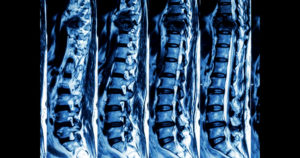

While herniated disks cannot be easily replaced, they are often
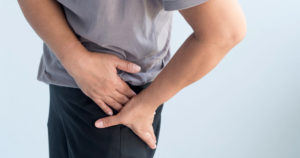
Hip pain caused by herniated or ruptured disc Lower back
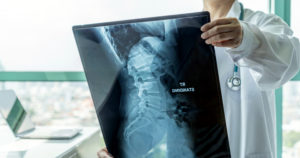
Can an x-ray show a herniated Disc? A medical history

Weightlifters understand back pain well. Weightlifters can avoid pain and
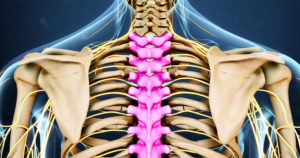
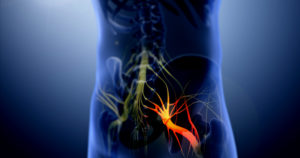
Intervertebral Discs are found between the vertebrae on the front

Back pain is quite common. Nearly 31,000,000 Americans suffer from

Herniated spinal discs happen when the discs in the spine
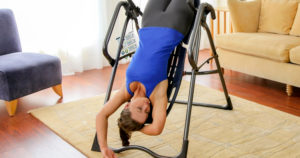
If you have ever seen many spine patients, chances are
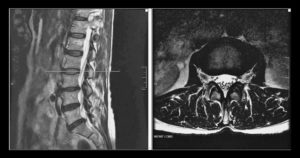
Slipped disc? The importance of MRI for detecting a herniated
Disclaimer : Disclaimer: All information presented in this website is intended for informational purposes only and not for the purpose of rendering medical advice. The information contained herein is not intended to diagnose, treat, cure or prevent any disease.
Follow us to stay up to date on our groundbreaking procedures, news, speaking engagements and upcoming appearances.
Disclaimer : Disclaimer: All information presented in this website is intended for informational purposes only and not for the purpose of rendering medical advice. The information contained herein is not intended to diagnose, treat, cure or prevent any disease.
